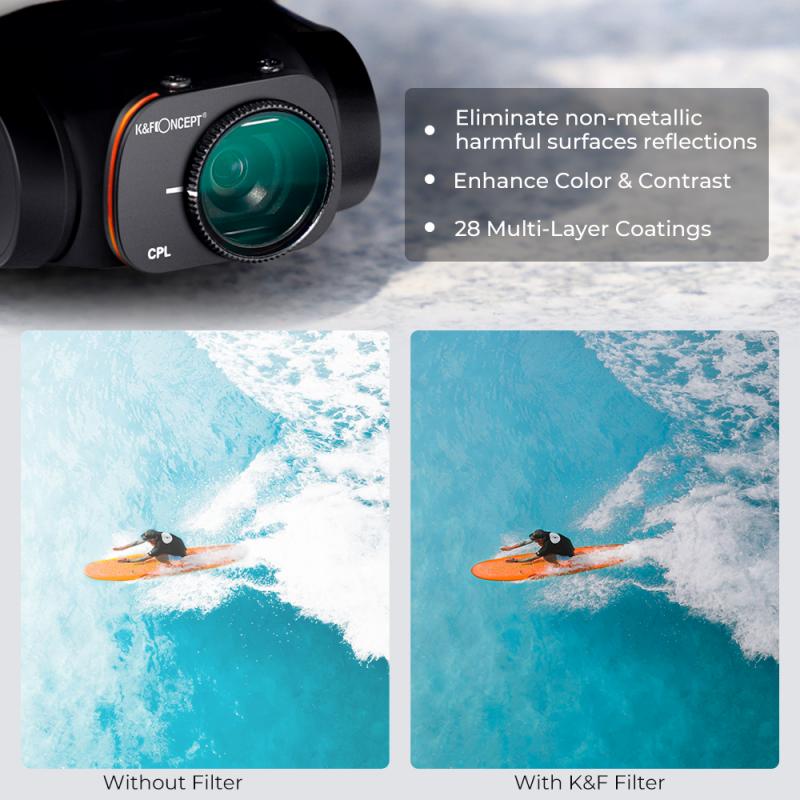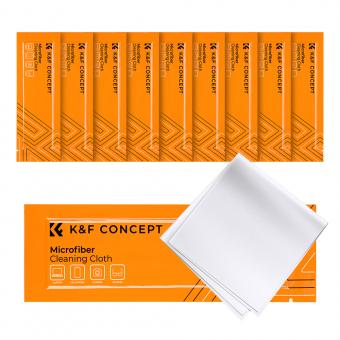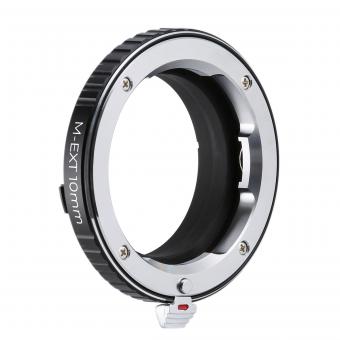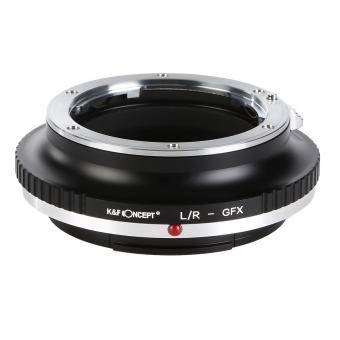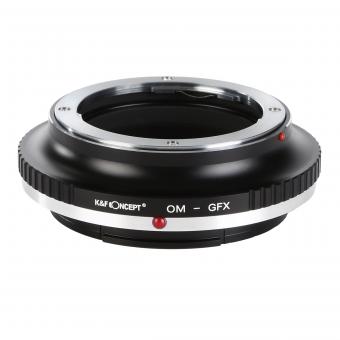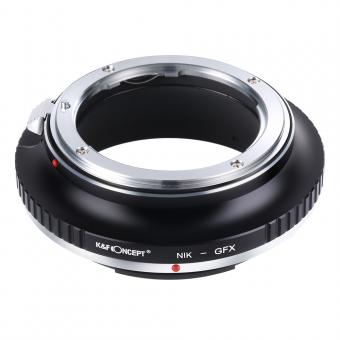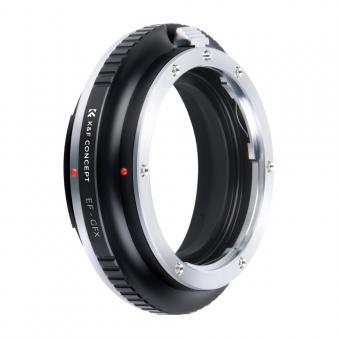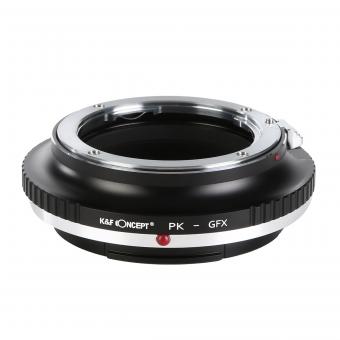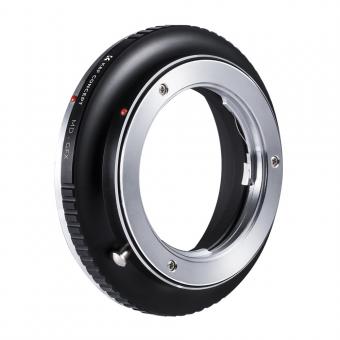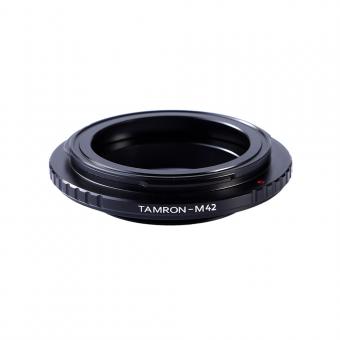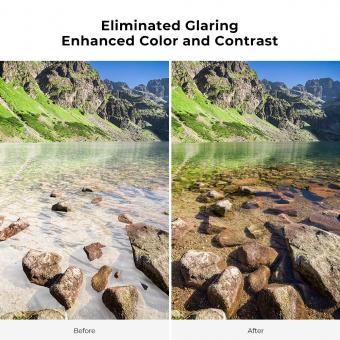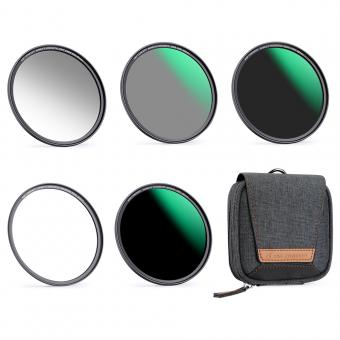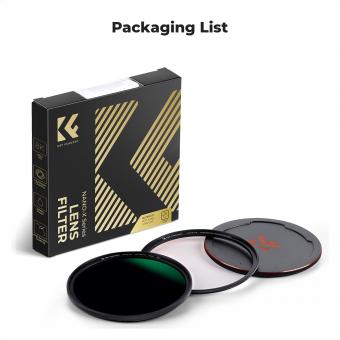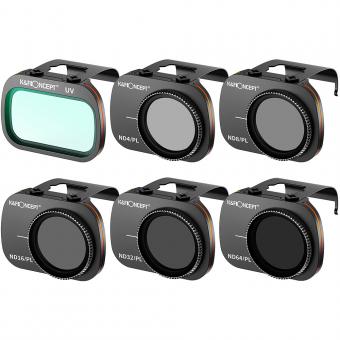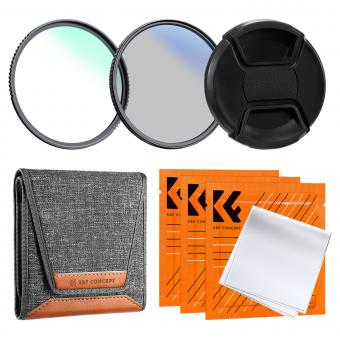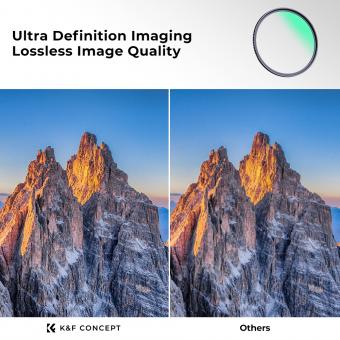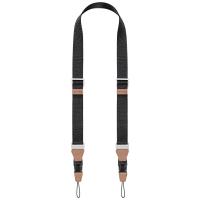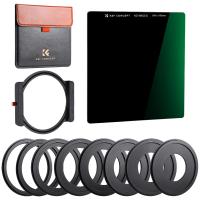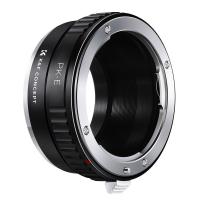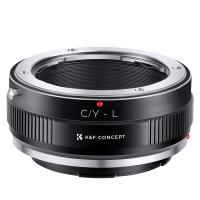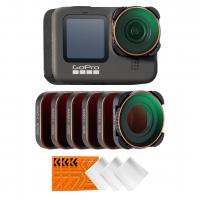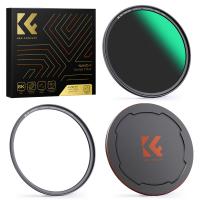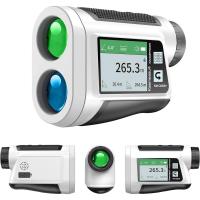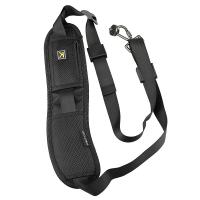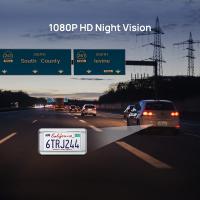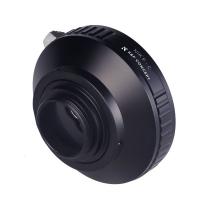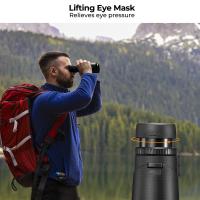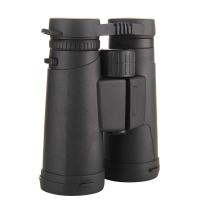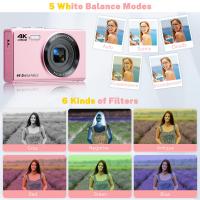Why Use A Uv Filter ?
A UV filter is used in photography to block ultraviolet light from entering the camera lens. It helps to reduce haze and improve image clarity, especially when shooting in high-altitude or coastal areas where there is a higher concentration of UV light. Additionally, a UV filter can provide protection for the camera lens by acting as a barrier against dust, moisture, and scratches.
1、 Protection against UV rays for camera lenses.
Why use a UV filter? One of the primary reasons is to provide protection against harmful UV rays for camera lenses. UV filters are transparent filters that are designed to block ultraviolet light from entering the camera lens. While modern camera lenses are typically coated to reduce the impact of UV rays, using a UV filter adds an extra layer of protection.
UV rays can cause various issues when it comes to photography. They can lead to hazy and washed-out images, reduce contrast, and create a bluish cast. Additionally, prolonged exposure to UV rays can potentially damage the lens coatings and affect the overall performance of the lens. By using a UV filter, photographers can minimize these problems and ensure that their images are clear, sharp, and free from unwanted color shifts.
Moreover, UV filters are particularly useful in certain situations. For example, when shooting in high-altitude areas or near bodies of water, the intensity of UV rays increases significantly. In such cases, a UV filter becomes even more crucial in protecting the lens and maintaining the quality of the images.
However, it is worth noting that the necessity of UV filters has been a topic of debate among photographers. Some argue that modern lenses are already equipped with sufficient UV protection, making the use of UV filters unnecessary. Additionally, UV filters can potentially introduce lens flare or reduce image quality if of low quality. Therefore, it is important to invest in high-quality UV filters that are specifically designed for photography to minimize any negative impact.
In conclusion, while the use of UV filters may not be essential in all situations, they do provide an added layer of protection against UV rays for camera lenses. By using a high-quality UV filter, photographers can safeguard their lenses, improve image quality, and ensure that their photographs accurately capture the scene without any unwanted color shifts or haziness.
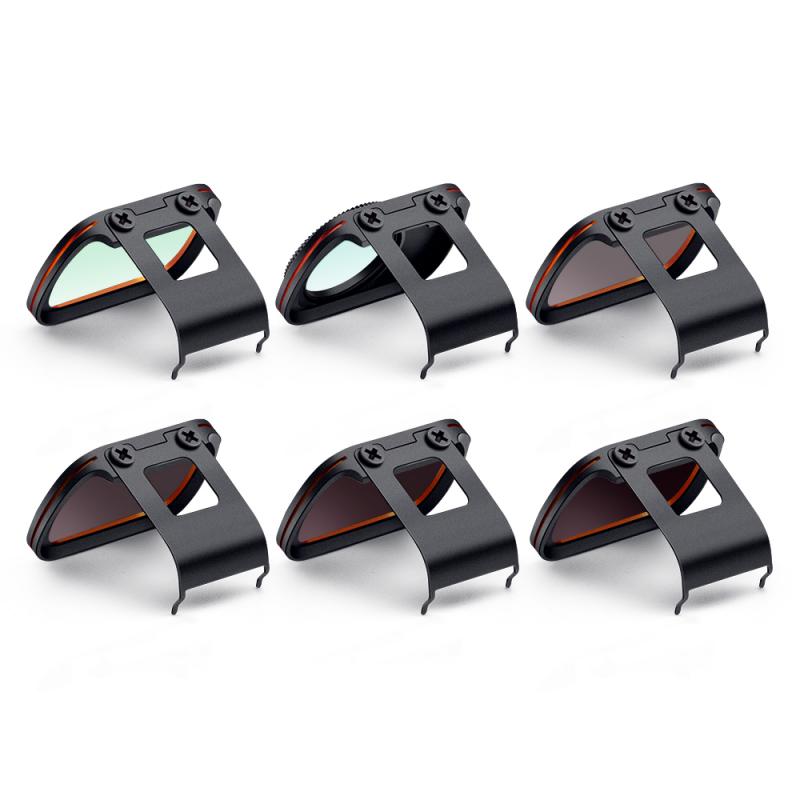
2、 Reduces haze and improves image clarity.
Why use a UV filter? One of the main reasons is that it reduces haze and improves image clarity. When shooting outdoors, especially in bright sunlight, ultraviolet (UV) rays can cause a bluish haze to appear in photographs. This haze can reduce the overall sharpness and clarity of the image. By using a UV filter, photographers can block these UV rays and minimize the haze, resulting in clearer and more vibrant photos.
UV filters are particularly useful in landscape photography, where distant objects can be affected by atmospheric haze. By using a UV filter, photographers can capture the true colors and details of the scene without the interference of UV rays. This is especially important when shooting in high-altitude areas or near bodies of water, where UV rays are more intense.
In addition to reducing haze, UV filters also provide an extra layer of protection for the camera lens. They act as a barrier against dust, moisture, and scratches, helping to keep the lens in good condition. This can be particularly beneficial for photographers who frequently shoot in challenging environments or who are prone to accidental bumps or drops.
It is worth noting that some photographers argue that modern digital cameras already have built-in UV filters, making an additional UV filter unnecessary. While this is true to some extent, it is important to remember that not all cameras have this feature, and even those that do may not provide the same level of protection as a dedicated UV filter. Therefore, using a UV filter can still be beneficial, especially for photographers who want to ensure the best possible image quality and lens protection.
In conclusion, using a UV filter can reduce haze and improve image clarity, particularly in outdoor photography. It also provides an extra layer of protection for the camera lens. While some argue that modern cameras already have built-in UV filters, using a dedicated UV filter can still offer additional benefits. Ultimately, the decision to use a UV filter depends on the photographer's preferences and shooting conditions.
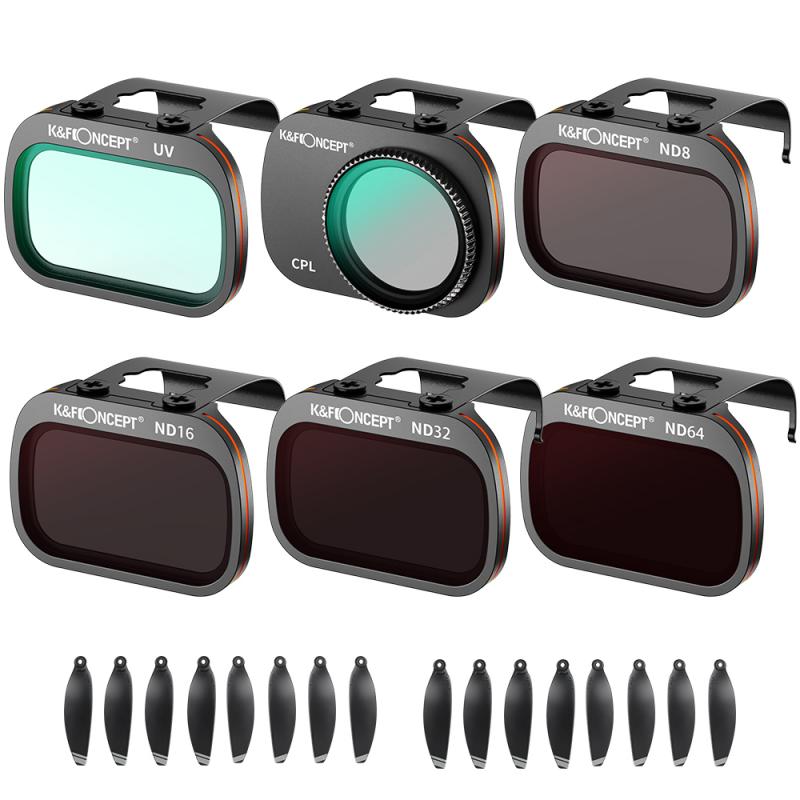
3、 Prevents lens flare and ghosting in bright conditions.
Why use a UV filter? One of the main reasons is that it prevents lens flare and ghosting in bright conditions. When shooting in bright sunlight, the UV rays can cause unwanted reflections and flares on the lens surface, resulting in reduced image quality. By using a UV filter, these reflections are minimized, allowing for clearer and sharper images.
Lens flare occurs when light enters the lens at an angle and creates unwanted artifacts such as streaks or circles of light. Ghosting, on the other hand, appears as faint, semi-transparent duplicates of objects in the image. Both lens flare and ghosting can significantly degrade the overall quality of a photograph, especially in situations where there is a strong source of light.
UV filters are designed to block ultraviolet light, which is invisible to the human eye but can affect image quality. While modern digital cameras have built-in UV filters, using an additional UV filter can provide an extra layer of protection for the lens. It acts as a barrier against dust, moisture, and scratches, safeguarding the lens from potential damage.
However, it is worth noting that there is some debate among photographers about the necessity of UV filters. Some argue that modern lens coatings are already effective in reducing lens flare and ghosting, making UV filters redundant. Additionally, adding an extra layer of glass can potentially introduce lens flare or reduce image sharpness if the filter is of low quality.
Ultimately, the decision to use a UV filter depends on personal preference and shooting conditions. If you frequently shoot in bright environments or want to provide extra protection for your lens, a high-quality UV filter can be a valuable addition to your camera gear.
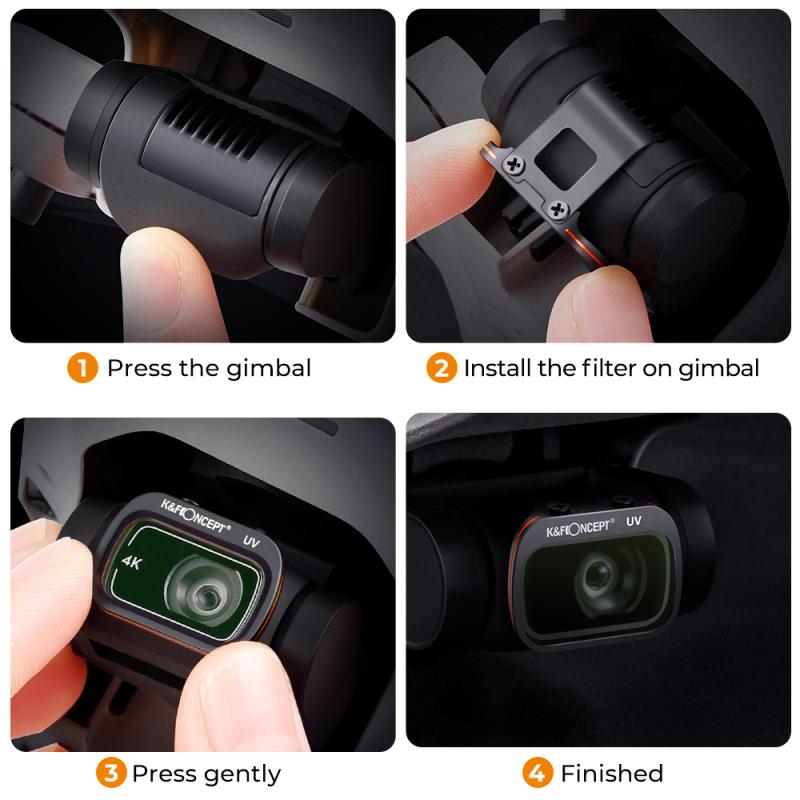
4、 Safeguards lens from scratches, dust, and moisture.
Why use a UV filter? One of the primary reasons is to safeguard your lens from scratches, dust, and moisture. A UV filter acts as a protective barrier, preventing these elements from directly coming into contact with the lens surface. This is particularly important when shooting in challenging environments such as sandy beaches, dusty landscapes, or humid conditions.
Scratches on the lens can significantly impact image quality, causing unwanted flares, ghosting, or reduced sharpness. By using a UV filter, you create an additional layer of protection that takes the brunt of any potential damage, leaving your lens unharmed. This is especially beneficial for expensive lenses, as replacing a filter is much more affordable than repairing or replacing the lens itself.
Furthermore, a UV filter can also help to reduce the impact of ultraviolet light on your images. While modern digital cameras have built-in UV filters, adding an extra layer of protection can further minimize the effects of UV rays, resulting in clearer and more vibrant photographs. However, it is important to note that the impact of UV light on digital sensors is minimal compared to film cameras, so the primary purpose of a UV filter nowadays is lens protection.
In recent years, there has been some debate about the necessity of UV filters, as some argue that they can potentially degrade image quality by introducing additional reflections or reducing contrast. However, advancements in filter technology have addressed these concerns, and high-quality UV filters are now available that have minimal impact on image quality.
In conclusion, using a UV filter provides an essential safeguard for your lens, protecting it from scratches, dust, and moisture. While the impact of UV light on image quality is minimal in digital cameras, the primary purpose of a UV filter today is lens protection. By investing in a high-quality UV filter, you can ensure the longevity of your lens and capture stunning photographs in any environment.
